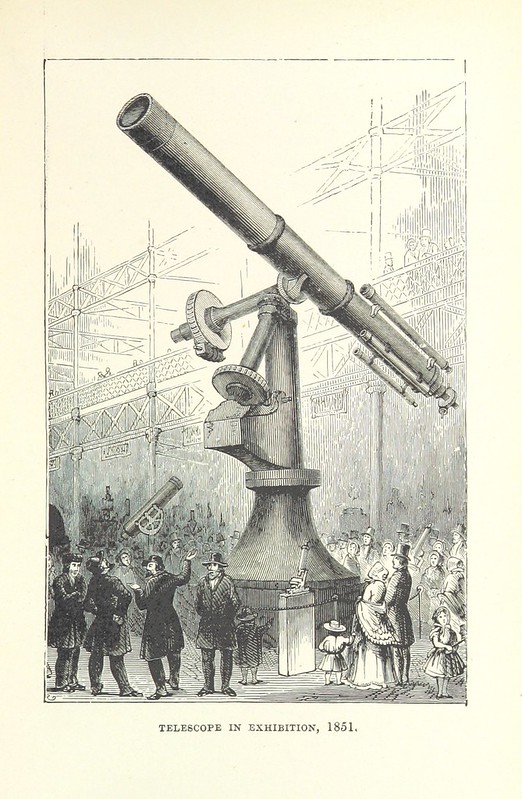Below we collect some perspectives from participants in the New to Teach event that was held at the IHR in September 2018. Sponsored by the Royal Historical Society, HUK provided travel funding to enable participants from outside London to attend. We share some of their thoughts below.
Amy King (Bristol)
With the start of my new job looming (thanks in no small part to the Academic Job Boot Camp earlier this year!), I was delighted to sign up for the New To Teaching training held in September. The day started with an introduction to writing new courses, including an overview of the principles of backwards design and some practical exercises to get us started. Needless to say, I feel much less daunted by the prospect of writing two new modules this year thanks the session! We were also given a taste of how to use digital humanities to improve the student experience, shown some exciting examples of the use of social media in the classroom, and given some top tips and tricks for delivering lectures and seminars. Thank you to History UK for another brilliant, practical training day; I look forward to putting what we learned into practice in the new academic year.
Marc Collinson (Bangor)
Although I have taught seminars for four years, being offered the opportunity to convene a module for the first time had proved daunting. Likewise, my simultaneous entering the Job market after just shy of four years enrolled on a PhD forced me to reassess my employment situation – was I fully equipped? Was I prepared? The session was enlightening in helping me to consider the fundamentals of lecturing, seminar leading and course design – revisiting these in a friendly environment was fruitful and encouraging. This session helped me ignore some of the pettier concerns I had and prepare to rethink what I could do differently, it also made me more confident for an interview for a post-doc I had the following week. At time of writing, I had not heard back, but I felt more prepared for the interview, and comfortable with the line of questioning. I would thoroughly recommend others attend this event in future. Even if you think you are a good tutor, it is important to be able to reflect and reassess. That is, after all, a cornerstone of the teaching in higher education.
Liz Brooker (Leicester)
Having done a PGCE in Secondary History, I thought I would attend this course to update my practice now that I am teaching in Higher Education. I thought the course was very well structured and it covered lots of different teaching styles such as small group teaching and lecturing. I found these sessions useful and have tried to implement some of the strategies in my own teaching. The careers development session at the end of the day was very informative. It was especially nice to hear the thoughts and experiences of the other academics in attendance.
Thomas Davies (Bangor)
The History UK New to Teaching event was a thoroughly enjoyable day, raising some interesting points and encouraging thought on how to structure lessons, how to engage students and ensure they obtain as much as possible from lectures and seminars, providing a forum for discussion with peers and with an opportunity also to discuss with individuals experienced in teaching techniques. I have managed to incorporate some of the ideas in semester of teaching – together this has helped in my professional development and made me keen to continue teaching in the future!


 Historians at Indiana University, such as David Pace, Joan Middendorf and Leah Shopkow have been pioneering the work of decoding the disciplines in order to rethink the ways in which teaching and curriculum design can be more finely tuned to address the conceptual bottlenecks that hinder student progression. In a practical exercise, participants combined this pedagogic strategy with the more well-trodden approach of Constructive Alignment to improve one area of their teaching. Jamie Wood (University of Lincoln), then facilitated a session about small group/seminar work. Some of us may take for granted what a seminar is and what it can be for. By modelling several best practices, Jamie showed participants some of the ways in which seminars can be used to encourage small groups of students to deepen their historical understanding through hands-on and collaborative learning. James Baker (University of Sussex), carried on this theme in his session, though with a specific focus on improving student engagement with historical information and enquiry through the vehicle of the digital humanities.
Historians at Indiana University, such as David Pace, Joan Middendorf and Leah Shopkow have been pioneering the work of decoding the disciplines in order to rethink the ways in which teaching and curriculum design can be more finely tuned to address the conceptual bottlenecks that hinder student progression. In a practical exercise, participants combined this pedagogic strategy with the more well-trodden approach of Constructive Alignment to improve one area of their teaching. Jamie Wood (University of Lincoln), then facilitated a session about small group/seminar work. Some of us may take for granted what a seminar is and what it can be for. By modelling several best practices, Jamie showed participants some of the ways in which seminars can be used to encourage small groups of students to deepen their historical understanding through hands-on and collaborative learning. James Baker (University of Sussex), carried on this theme in his session, though with a specific focus on improving student engagement with historical information and enquiry through the vehicle of the digital humanities.  .
.
You must be logged in to post a comment.